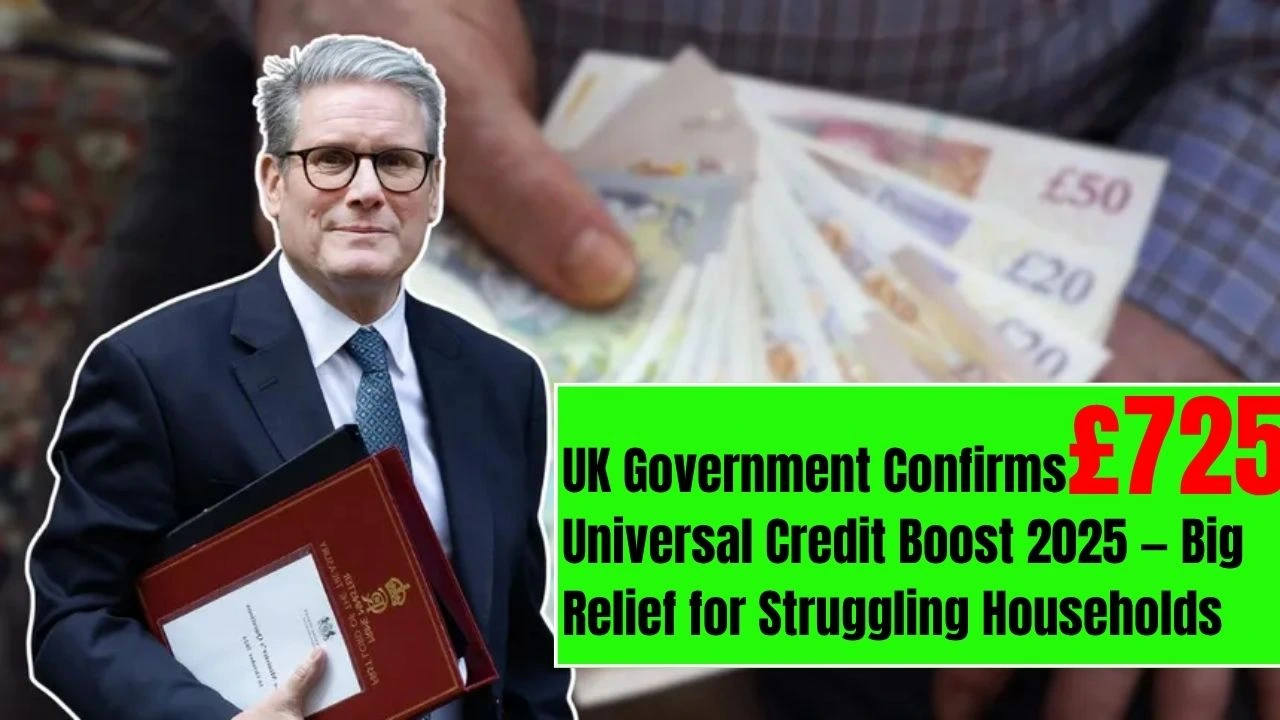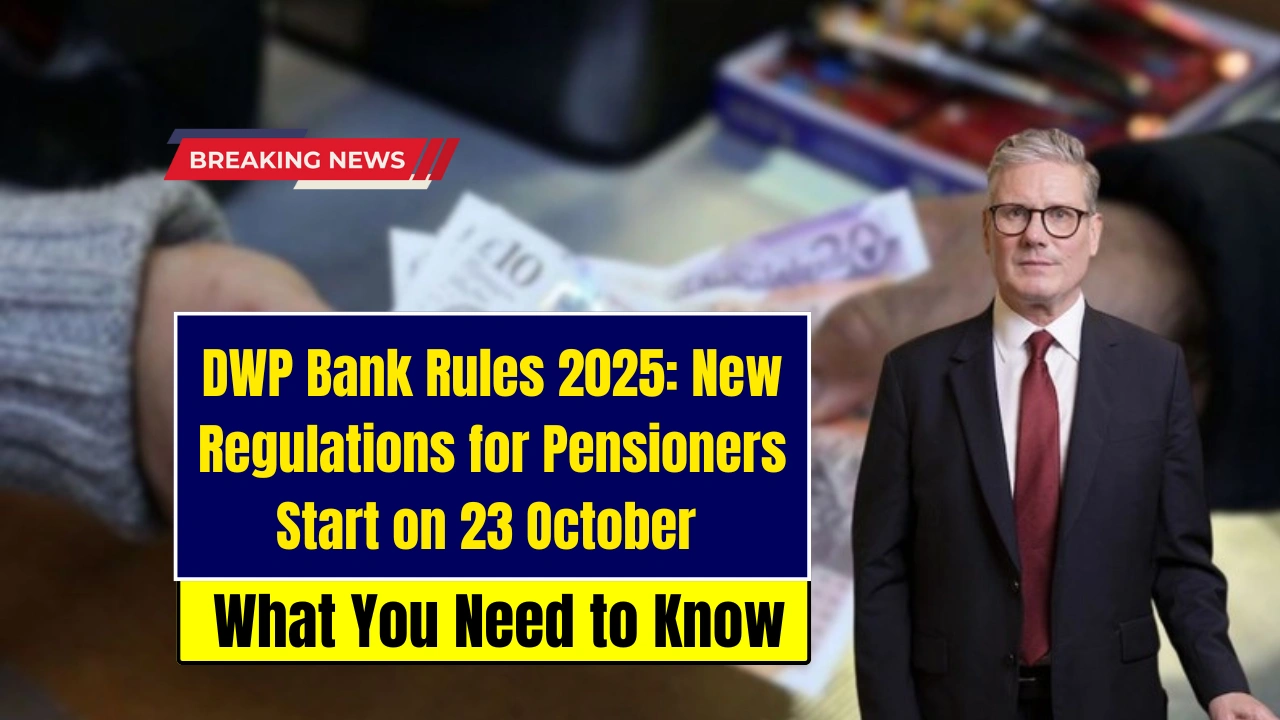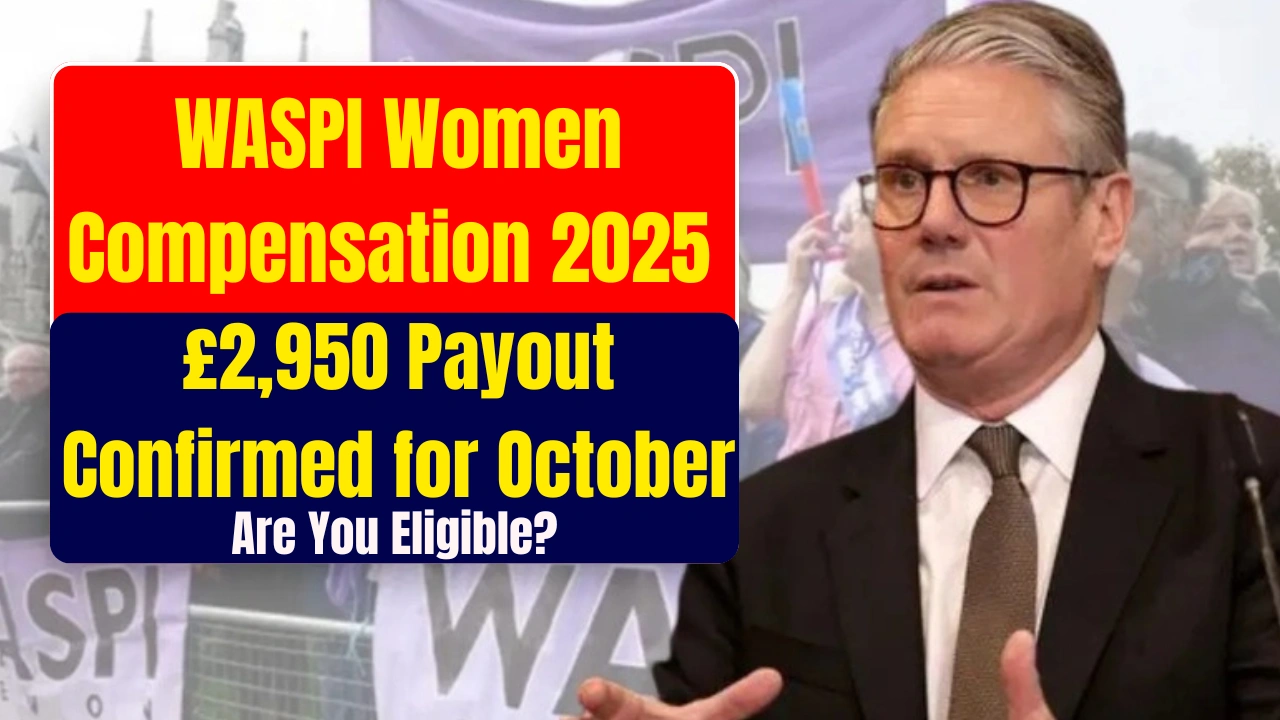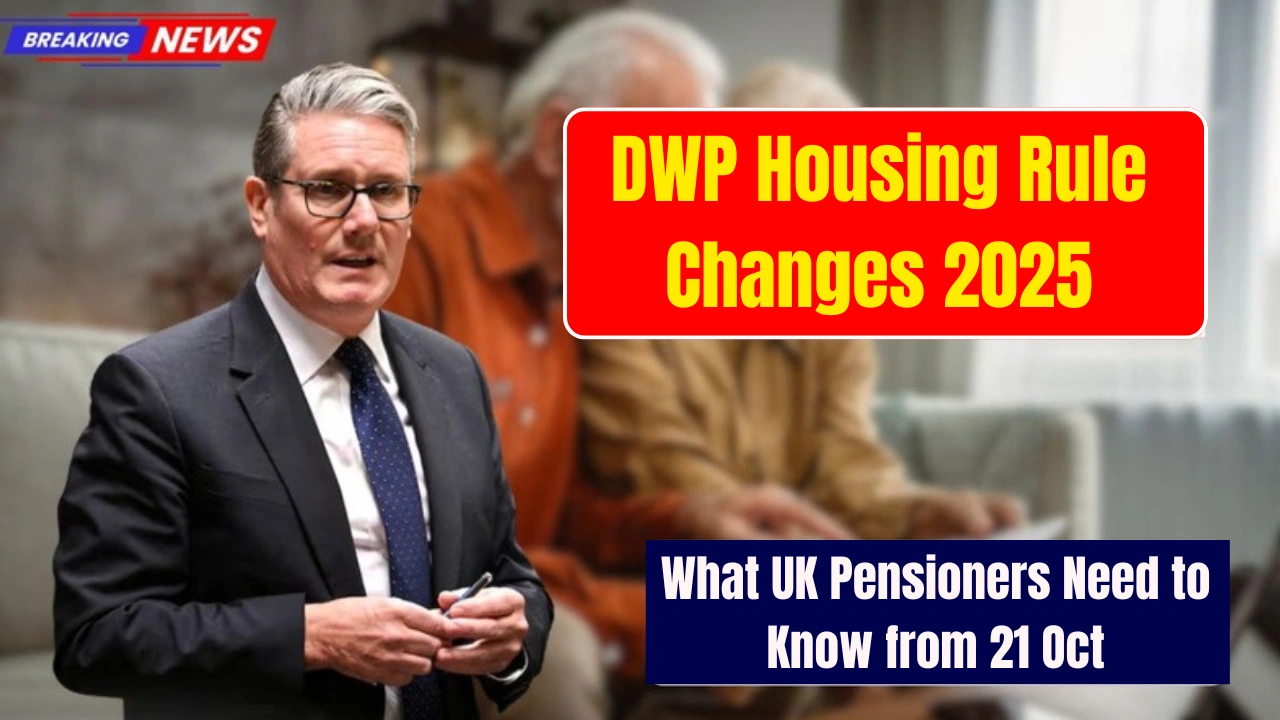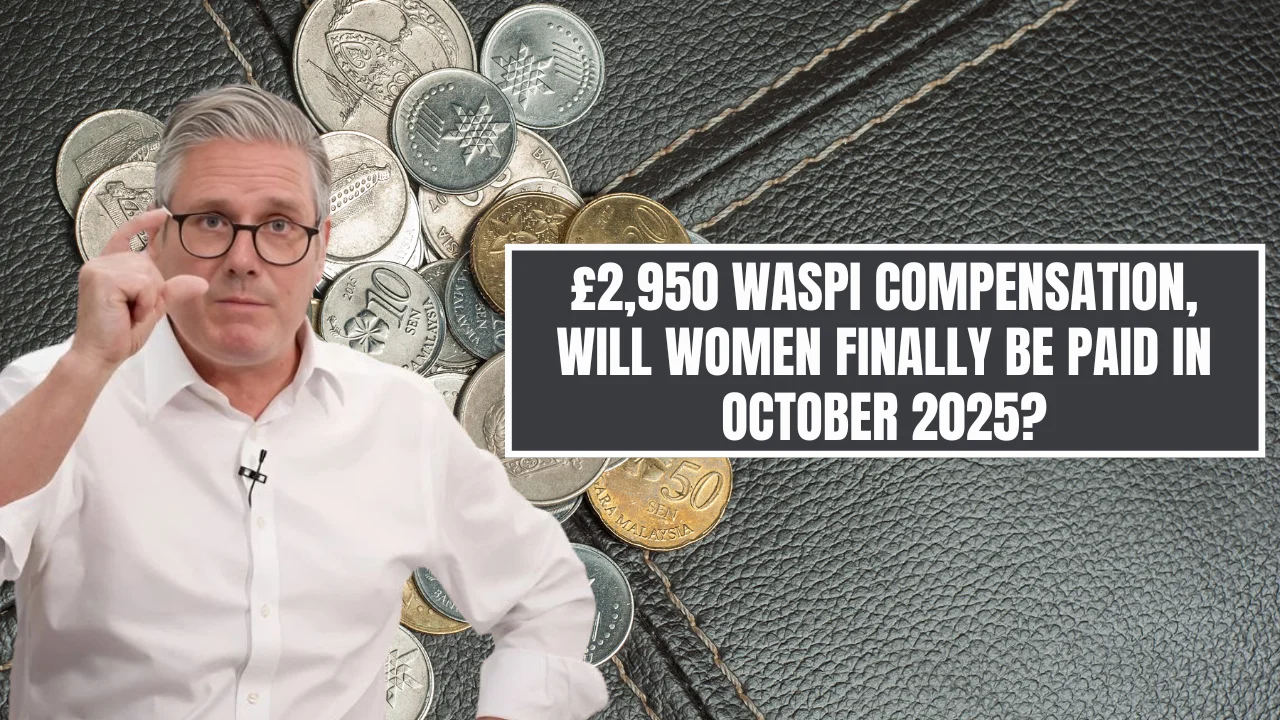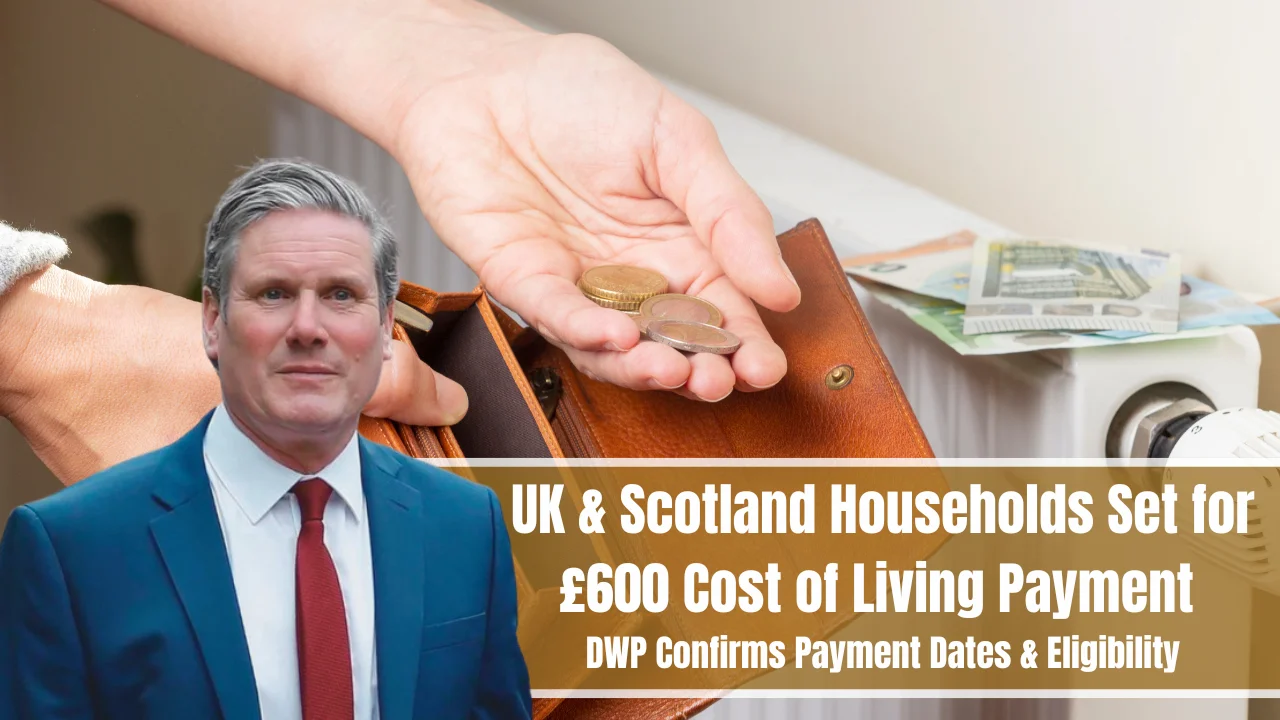Struggling households across the UK have reason to hope again after the government confirmed a £725 Universal Credit boost 2025, a move set to ease some of the financial pressures many are facing. As living costs soar, this announcement has generated substantial interest and rightly so among those relying on support.
This article dives into exactly what this Universal Credit Boost 2025 means for claimants, who stands to gain, when the money might arrive, and the reforms tied to the boost. By the end, you’ll have a clear, up-to-date picture of how this change could affect you or people you know.
Universal Credit Boost 2025: Key Facts & Context
The Universal Credit Boost 2025 is being described as one of the biggest real-term increases to the standard allowance in decades. It’s not a one-off payment, but a structured increase set to roll out from 2026 and continue through 2029/30. Nearly 4 million low-income households are expected to benefit as the standard allowance rises above inflation levels. This increase is part of broader welfare reforms aiming to strengthen the core of Universal Credit while reducing the dependency on health and disability-related top-ups. For many, this means more financial support without having to meet additional health-related criteria, though some claimants may see changes to how their benefits are assessed in the future.
Overview Table
| Indicator | Details |
| Increase / Value | ~£725 in cash terms spread over years |
| Number of Households | Nearly 4 million households |
| Effective Period | From April 2026 onward, rising to 2029/30 |
| Protections | Those with severe lifelong conditions will be shielded from reassessments and see combined payments rise at least with inflation |
| Reform Aim | Rebalance standard allowance vs health/disability top-ups to reduce perverse incentives |
Why This Boost Was Introduced
Behind the scenes, policymakers believe the welfare system developed distortions: when the health or disability top-up component was significantly higher than the base rate, it sometimes created a financial incentive for people to claim disability benefits instead of entering work. The Universal Credit boost 2025 is part of a strategy to rebalance that, making employment relatively more attractive.
But the government is also trying to protect those in genuine need. The reforms include legal protections so that people with severe or lifelong health conditions won’t see their income cut or be forced into reassessment.
Who Qualifies & Who Is Protected
If you currently receive Universal Credit, you are likely in the group set to benefit. But there are nuances:
- Existing claimants with health or disability top-ups will see their combined payments (standard + top-up) rise at least with inflation until 2029/30.
- Around 200,000 people with severe, lifelong conditions will be exempt from reassessments and remain on protected rates.
- New claimants after certain cut‑off dates may face reduced health top-up benefits under the revised approach.
In short: many will win under this boost, but not everyone will gain equally. Understanding your status and timing matters.
Timeline & Phasing
You won’t see £725 extra all at once. Key timepoints:
- The first phase of increase begins April 2026, when standard allowances rise above inflation.
- Progressive increases will continue up to 2029/30 to deliver the full boost in cash terms.
- The health or disability top-up for new claimants could be lowered or frozen under the new rules.
So, the boost is a medium‑term reform, not an overnight fix.
Risks & Criticism
No policy is perfect, and critics have raised some valid concerns:
- Some argue that lowering health top-ups for new claimants could hurt vulnerable people.
- Advocacy groups worry reforms may make it harder for people with disabilities to qualify for support in future.
- The gradual phasing means many will wait years to see the full benefit.
The real test will be whether the protections hold and whether the system becomes fairer, not just cheaper.
What Claimants Can Do to Prepare
If you’re on Universal Creditor plan to be, here are steps to get ready:
- Check your current claim for accuracy and completeness.
- Stay informed the Department for Work & Pensions will issue guidance and timelines.
- Know your protections if you have a severe health condition.
- Plan finances around phased increases (don’t count the full boost immediately).
- Seek advice from welfare rights groups if you anticipate being a new claimant under reformed rules.
What This Means for the Welfare System
The £725 Universal Credit boost 2025 is more than financial relief it’s part of a broader shift in how welfare works in the UK. By strengthening the base rate, the government is signaling a move away from heavy reliance on supplemental payments. If done well, this could reduce perverse incentives, simplify the benefits architecture, and make support more predictable.
However, the worries are real: if new claimants or those with disabilities lose out, the reforms may wind up amplifying inequality rather than reducing it. The details will matter enormously.
FAQs
Yes, if you are an existing Universal Credit claimant, the increase will be built into your standard payments over time.
It begins in April 2026 and will be gradually phased in through 2029/30.
No, the boost is part of the new allowance structure and doesn’t require a separate application.
Existing claimants with serious health conditions will be protected, but new applicants may receive reduced top-ups.
Yes, but how much support and who qualifies may change depending on your circumstances and when you apply.
